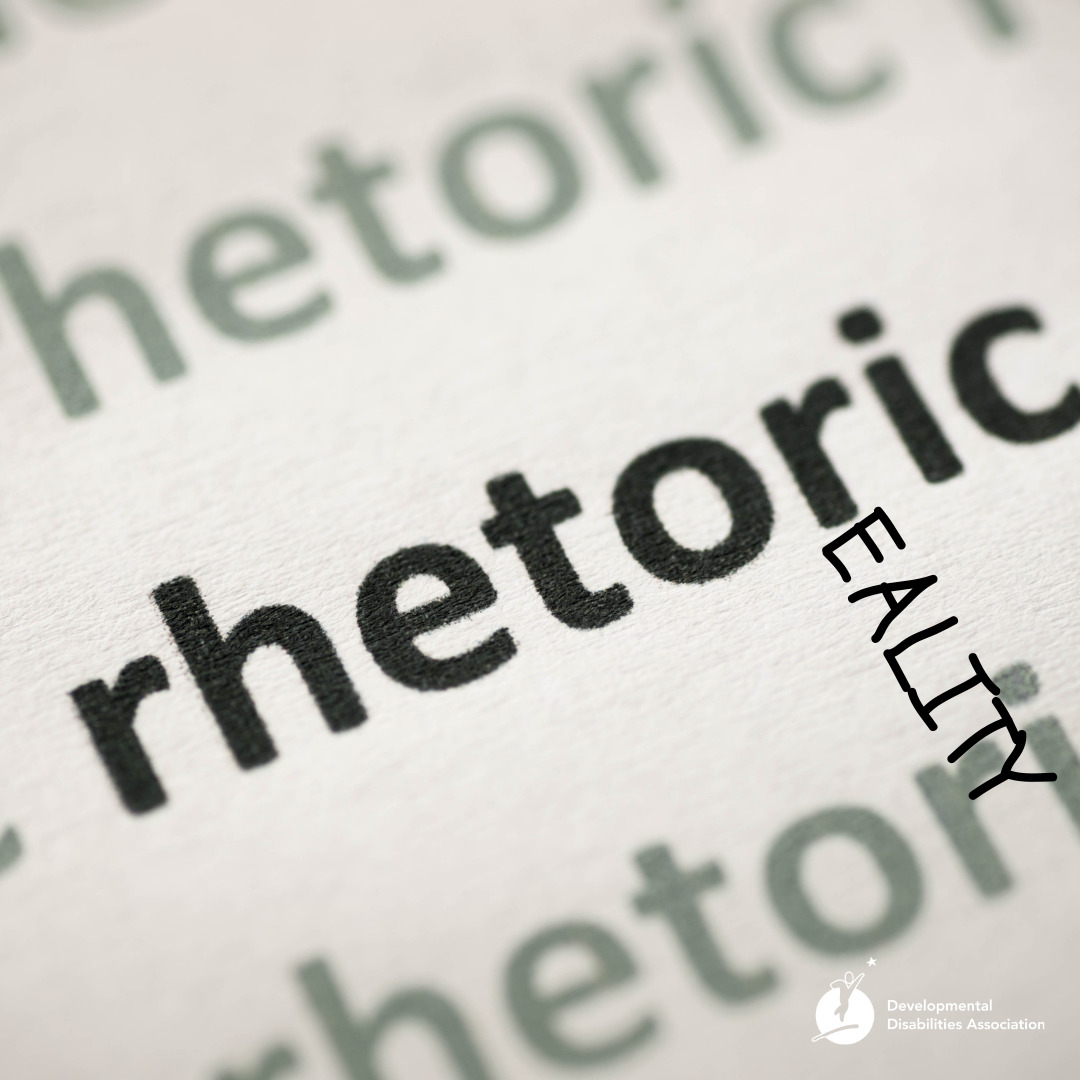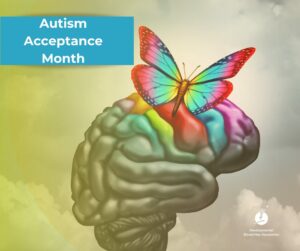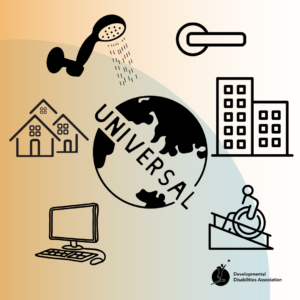By Alanna Hendren
The United Nations Convention on the Rights of People with Disabilities (UNCPRD) was adopted on December 13, 2006 in New York and was opened for signatures by member countries in March 2007. All countries have at least signed the Convention except the USA, Surinam, Libya, Belarus, Uzbekistan, Kyrgystan, Tajikistan and NorthKorea. Canada was an early signatory and supporter of the UNCPRD.
The Preamble to the Convention (x) says: “Convinced that family is the natural and fundamental group unit of society and is entitled to protection by society and the State, persons with disabilities and their family members should receive the necessary protection and assistance to enable families to contribute towards the full and equal enjoyment of the right of persons with disabilities”.
The Convention continues in detail about values and supports that ensure people “have access” to a range of home, residential and community supports “necessary to support living and inclusion in the community” and prevent segregation. Another Article in the Convention makes provisions for maximum independence through comprehensive habilitation and rehabilitation services.
The realization of the Rights envisioned in the Convention continues to pose a challenge to all countries globally who are working to support inclusion of people with disabilities in all aspects of life. The biggest challenge is created by the vague language open to interpretation in the document and the conscious omission of who is responsible for paying for services and supports. Since the Convention has identified families as the “natural and fundamental group unit of society”, it appears that payment falls to them, since “protection” and “assistance” are not defined. The assumption in the past was that the State was responsible but this changed over the last 20 years or so.
The Convention was adopted during a time of rapid, extreme privatization of public assets, deregulation and an economic ethos of open global markets. Moving from the post-World War II western idea of the Welfare State while promoting the agency of the individual (over the collective or groups) led to the power of often amoral entrepreneurs (corporations) over government (collectives). The human “higher power” shifted from deities, elders, and philosophers to the “free market”, represented by the often ruthless accumulation of wealth or capital. Because of these philosophical shifts, families can privately pay for services and have maximum choice, depending on how much money they have, as opposed to receiving government-funded services that may limit individual choice. This may work for families who have economic resources but those adults with no families to turn to or those from economically insecure families are still dependent on public services. Particularly after the global recession of 2008, government austerity measures disenfranchised people with disabilities and anyone else who lived in poverty, thereby accelerating extreme wealth inequality.
In Canada, we are very lucky to have a democratic history of collective action but families will need to stay vigilant and advocate for their loved ones with disabilities to ensure that the UNCRPD is more completely realized. Our disability policies must achieve greater clarity and recognize that over 60% of people with disabilities in Canada live in poverty and do not receive the social service supports required for their full inclusion and community participation. As people with disabilities age, their abilities decline just like the rest of us, necessitating greater physical and psychological supports that are regularly unavailable.
Infants and children with special needs require specific interventions and supports at critical developmental stages, but services are often unavailable to those who cannot purchase them independently due to long public wait lists and a system so complex that families cannot get to the help they need. After a number of new ‘frameworks’, services for children with special needs have become more diluted and less attractive to professionals, who can make much more money in private practice. Any complaints to a series of governments resulted in bureaucratic assurances that everything was really great and getting better all the time.
Having been around for a long time, I hear about problems families are having today that I thought were solved in the 1980’s. The B.C. Liberals threw the disability system into such chaos we didn’t realize how far backwards we were moving. The past battles we won did not win the war and unfortunately, all British Columbians with disabilities needto continue to fight to realize their rights, using Canada’s commitment to the UNCRPD as a guide to barrier-free environments, personal supports, technological assistance and full inclusion in society regardless of their parents’ financial status. We must recognize that human beings are much more than their net worth. Families have been fragmented over the years and were ‘taught’ to reduce their expectations of government, but government is responsible for disability policy and funding in the end, and must accept responsibility for the sorry state of their systems and supports after over 20 years of misguided ‘transformation’.



